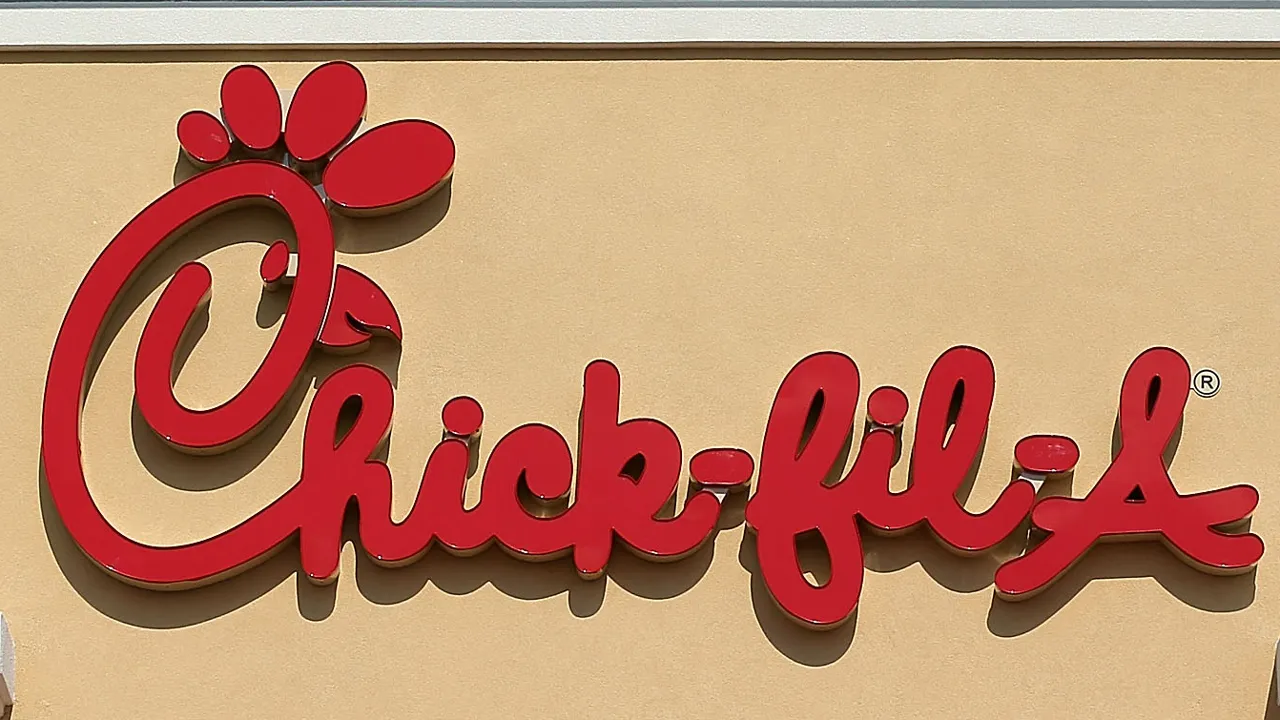Chick-fil-A Class Action Lawsuit: Examining Claims of Employment Discrimination
by Arjun Dev

Chick-fil-A, a popular fast-food chain known for its chicken sandwiches and commitment to customer service, has been embroiled in a class-action lawsuit alleging employment discrimination and unfair workplace practices. The lawsuit, filed by current and former employees, raises important questions about workplace culture, diversity, and corporate responsibility. This article delves into the details of the Chick-fil-A class action lawsuit, its implications, and the broader issues it raises regarding workplace fairness and equality.
Table of Contents
ToggleBackground: Chick-fil-A’s Reputation and Allegations
Chick-fil-A has built a strong reputation for its quality food and customer service, as well as its commitment to Christian values. However, the company has faced criticism in the past for its stance on social issues, including LGBTQ rights. The class-action lawsuit against Chick-fil-A alleges that the company has engaged in discriminatory practices, particularly regarding hiring, promotion, and workplace culture.
Key Allegations:
- Discriminatory Hiring Practices: Plaintiffs claim that Chick-fil-A has a pattern of discriminating against employees and job applicants based on their race, gender, sexual orientation, or other protected characteristics.
- Unequal Pay and Promotion: The lawsuit alleges that Chick-fil-A has a history of paying women and minority employees less than their white male counterparts and providing fewer opportunities for advancement.
- Hostile Work Environment: Plaintiffs also claim that Chick-fil-A has fostered a hostile work environment, including instances of harassment and retaliation against employees who speak out against discriminatory practices.
Legal Issues and Implications:
The Chick-fil-A class action lawsuit raises several legal and ethical issues that have broader implications for workplace fairness and corporate accountability:
- Equal Employment Opportunity: The case highlights the importance of equal employment opportunity and non-discrimination in the workplace, as mandated by federal and state laws.
- Corporate Responsibility: The lawsuit underscores the responsibility of companies to foster inclusive and respectful workplace cultures, free from discrimination and harassment.
- Legal Remedies: If the allegations are proven, Chick-fil-A could be required to pay damages to affected employees, change its hiring and promotion practices, and implement diversity and inclusion initiatives.
FAQs:
Q: What are some potential outcomes of the Chick-fil-A class action lawsuit?
A: If successful, the lawsuit could result in Chick-fil-A being required to pay damages to affected employees, change its workplace practices, and implement diversity and inclusion training programs.
Q: How does Chick-fil-A respond to the allegations?
A: Chick-fil-A has denied the allegations and stated that it is committed to providing a fair and inclusive workplace for all employees. The company has also indicated that it will vigorously defend itself against the lawsuit.
Q: What can employees do if they believe they have been discriminated against at work?
A: Employees who believe they have been discriminated against at work can file a complaint with the Equal Employment Opportunity Commission (EEOC) or a similar state agency. They may also consider seeking legal advice to explore their options for recourse.
Conclusion:
The Chick-fil-A class action lawsuit underscores the importance of workplace fairness and equality. As the case unfolds, it will likely have far-reaching implications for how companies approach diversity, inclusion, and corporate responsibility. It serves as a reminder that all employees deserve to work in an environment free from discrimination and harassment.
Also Read:
https://jetbiography.com/niti-taylor-biography/
Share this post:
Chick-fil-A, a popular fast-food chain known for its chicken sandwiches and commitment to customer service, has been embroiled in a class-action lawsuit alleging employment discrimination and unfair workplace practices. The lawsuit, filed by current and former employees, raises important questions about workplace culture, diversity, and corporate responsibility. This article delves into the details of the…